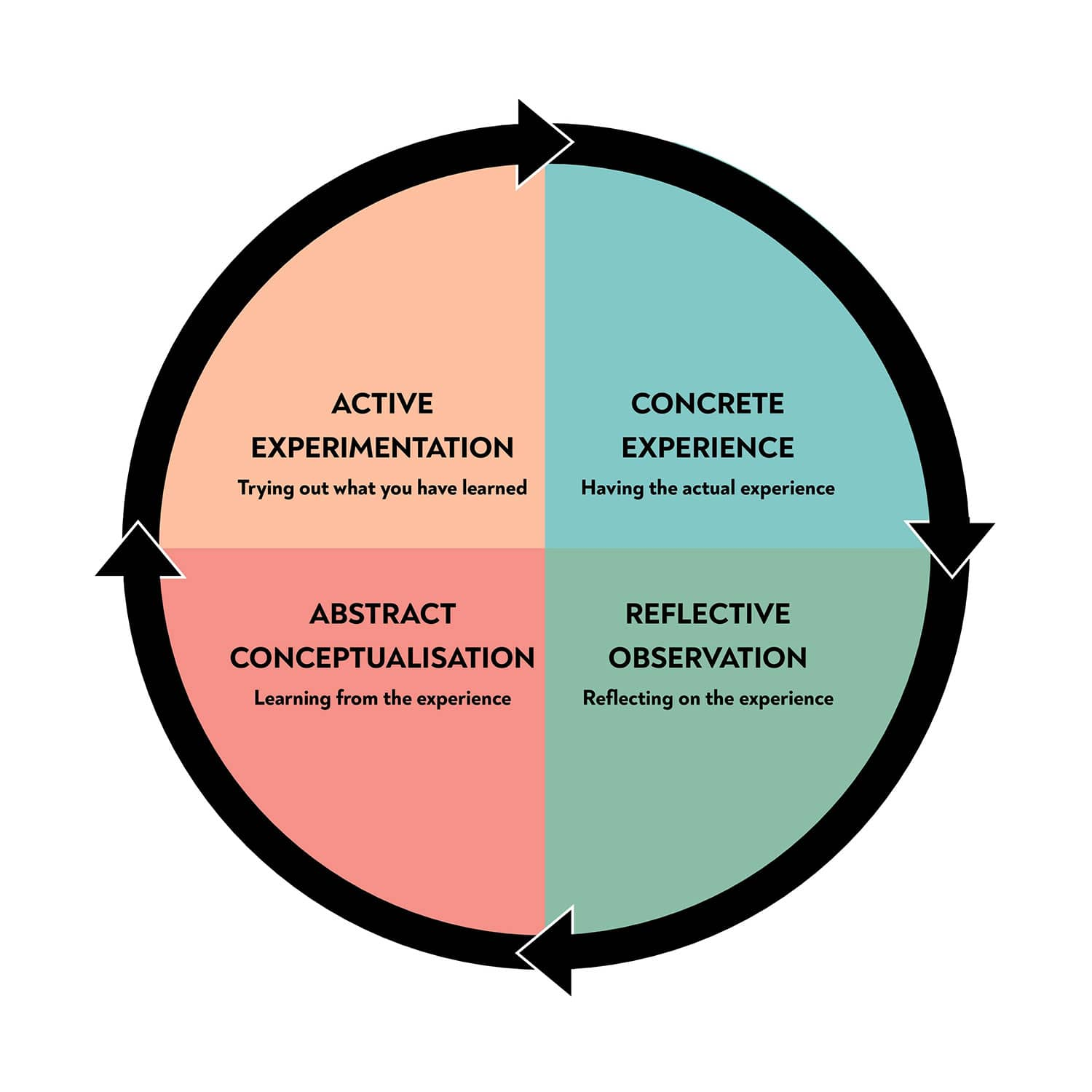Using reflection and critical thinking to address health and social care dilemmas and solve problems!
Using reflection and critical thinking to address health and social care dilemmas and solve problems!
Introduction
The mental process of actively and skillfully perception, analysis, synthesis, and evaluation of obtained information through observation, experience, and conversation that leads to a decision for action is characterized as critical thinking. Critical thinking is frequently mentioned in health and social education, as well as its importance in everyday life. Critical analysis, introductory and concluding justification, valid conclusion, distinguishing facts and opinions, evaluating the credibility of information sources, clarification of concepts, and recognition of conditions are the main critical thinking skills that doctors/nursing students should practice during their studies. Specific practices are required to improve critical thinking. To understand and use critical thinking, health and social care specialists must acquire mental independence, justice, perspicacity on a personal and societal level, humility, spiritual bravery, honesty, perseverance, self-confidence, interest in research, and curiosity. Critical thinking is required for safe, efficient, and skilled nursing practice. Nursing education programs should embrace critical thinking attitudes and deploy critical reasoning abilities.
How is critical thinking used in healthcare?
In hospitals, surgeons, nurses, and other health and social workers function successfully without requiring critical thinking since many decisions are based on habit and involve little thought. When fresh thoughts or needs emerge, greater critical thinking abilities are activated in order to make a decision that is not usual. However, there are situations when critical thinking is required, such as when numerous patients are going into the hospital with injury after a incident (car crash, fire, ect) this is the time when they will need to make sure they use critical thinking to see which patient needs the most care in order to respond swiftly in order to make sure the patient survives. The process phases include assessment, diagnosis, planning, implementation, and evaluation. The health care system establishes the daily priorities for critical thinking. As criteria and considerations are used and thinking grows, each doctor/nurse seeks awareness of reasoning.
Ways nurses doctors can solve problems using critical thinking?
Nurses/Doctors can use critical thinking to solve patient problems and make decisions with creativity to improve the outcome. It is a necessary step in providing a safe, effective, and skilled nursing intervention/doctor training. Critical thinking is the active mental process of nuanced perception, analysis, and assessment of information gathered or obtained through observation, experience, reflection, or dialogue that leads to action conviction.
Self-reflection
When reading through the blog i found out many interesting things such as when doctors nurses and any health and social specialists need to put in critical thinking into place in order to solve the patients problem and make sure that they are okay. Furthermore, there are also many details about what problems can be solved by health and social specialist beyond their habits which they do on a day-to-day basics. What can be improved is to make sure to expand on some points as well as making sure that the paragraphs are broken down more so that it is easier to read and understand. Finally it will be easier for readers if there are diagrams or pictures so that they can image the text in their head.


Comments
Post a Comment